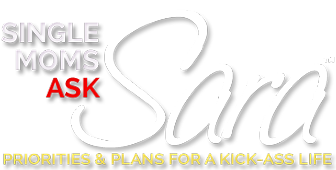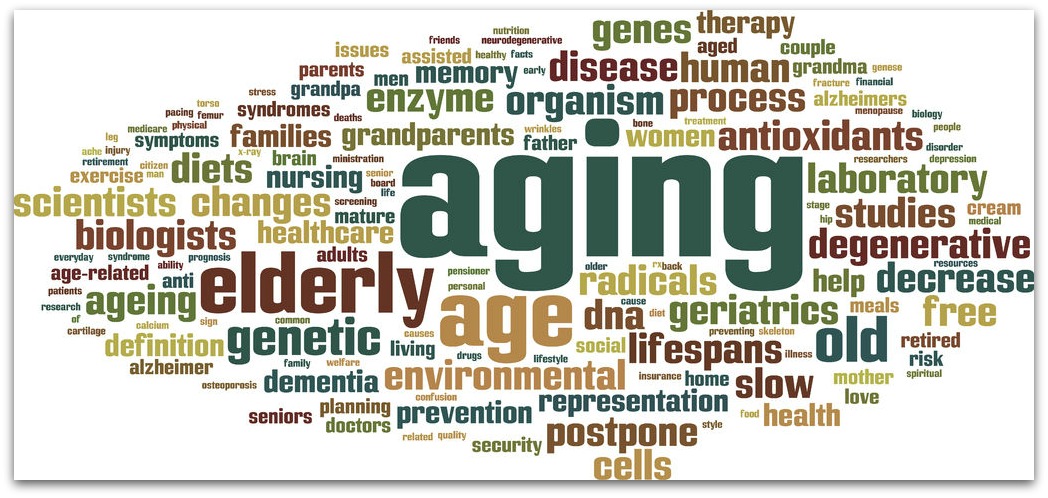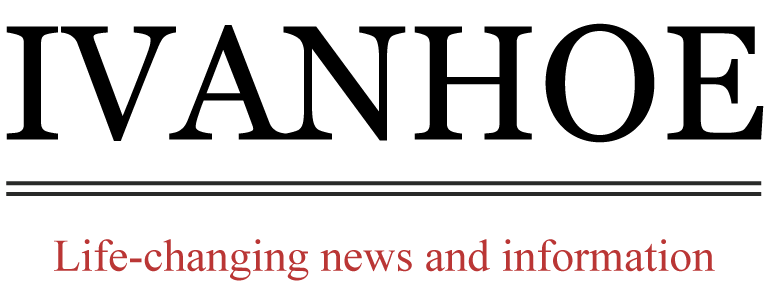Caring for Aging Parents
By Bart Astor
Author of The Baby Boomer’s Guide to Caring for Aging Parents
Never before have so many people lived so long, never before have so many children seen their parents become so dependent on them for care, and never before have so many had to care for their aging parents while still caring for their own children at home – members of the new “Sandwich Generation.” They are sandwiched between two forces: their parents’ needs and their children’s needs.
Many people caring for their aging parents can recollect memories of grandmom coming to live with Mom and Dad. Perhaps she was “acting funny” or getting confused. Or, it was whispered, she was getting “senile”. Perhaps, also, she was reaching the ripe old age of 70. In those early decades of the 20th century, the elderly were those who had escaped death from heart attacks, strokes, TB, and cancer, and lived to an old age of 65 or 70. How times have changed.
Today’s elderly are protected, medicated, regulated, and monitored sufficiently to reach their 80’s, 90’s, and beyond. In these later years, many experience other disabilities like dementia and Alzheimer’s, Parkinson’s, strokes, osteoporosis, and frailty. Their dependency on others occurs at later ages, but it is surely occurring in far greater numbers.
Although many exceptions can be singled out, most people caring for their aging parents today are between the ages of 50 and 64. These are the children of the elderly. Few Americans will escape this call to be a caregiver.
A startling statistic is that the average woman will spend 17 years caring for her children, and 18 or more years caring for her aging parents. Her tasks will increase in time and intensity over those years. They may begin as grocery shopping, driving, cooking, housekeeping, and banking, and develop into providing housing and personal care with bathing, feeding, and assistance with walking.
You need to know is what to look for as your parents age. Following are 15 danger signals that your aging parents are in distress. As more and more of these signs become evident, you will have to take on a greater and greater role in caring for your aging parents.

15 Danger Signs That Your Parents are in Distress
1. Sudden weight loss or gain
2. Marked change in personal habits
3. Burns or injury marks on the body
4. Pronounced forgetfulness and misplacing items
5. Repeated falling or dizziness
6. Consistent disorientation
7. Difficulty performing familiar tasks
8. Problems with language
9. Increased number of accidents
10. Medications not taken as prescribed
11. Extreme suspiciousness
12. Unexpected mood swings
13. Loss of initiative
14. Major personality changes
15. Repeated bizarre behavior
“There are only four kinds of people in the world—those who have been caregivers, those who currently are caregivers, those who will be caregivers and those who need caregivers.”
~Former First Lady Rosalyn Carter
Caregiving is in the future for all of us in one way or another. Any assistance we can get in dealing with this ever growing issue is essential to the well-being of the caregiver and the care recipient. For more helpful tips and ideas to help you with caring for your aging parent, visit www.BabyBoomerEldercare.com.
You can also purchase an electronic version of The Baby Boomer’s Guide to caring for Aging Parents for Kindle by clicking here or an EPUB version by clicking here.















New! Comments
What do YOU think? Leave me a comment in the box below.